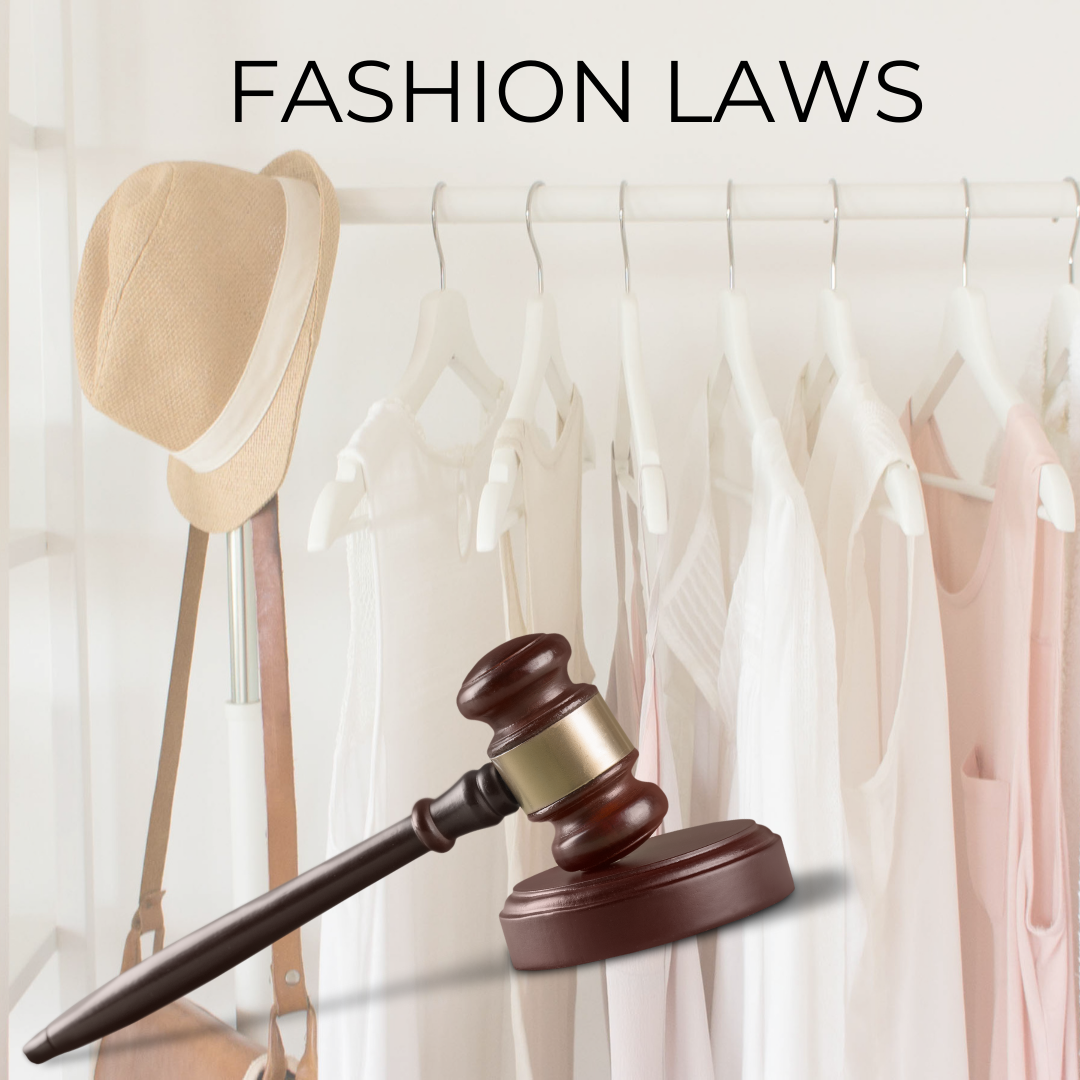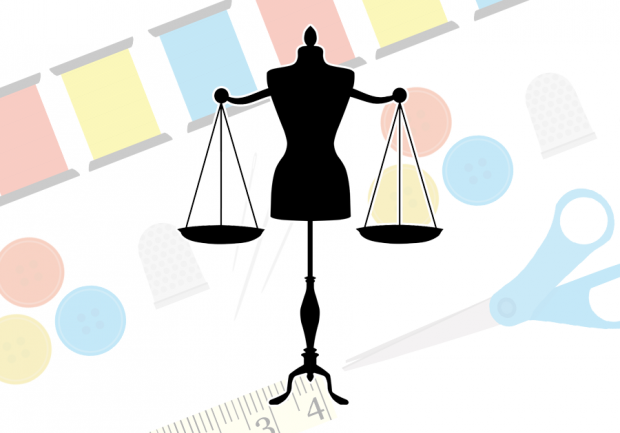The fashion industry, a dynamic and ever-changing sector, is about more than just innovation and trends; it also involves navigating complex legal frameworks. Fashion law, a relatively young and specialized area of legal practice, deals with the unique challenges that designers, brands, and merchants face. This article delves into key aspects of fashion law, including intellectual property rights, counterfeit items, contractual agreements, and the legal difficulties that drive the sector.
Intellectual property rights are the foundation of fashion law. They provide legal protection for designers’ inventions, preventing unauthorized usage and exploitation. Trademarks protect brand names, logos, and other distinguishing features that set a company’s products apart from those of competitors. A trademark is important for fashion firms since it represents their identity and reputation. For example, Chanel’s signature interlocking “C” logo and Christian Louboutin shoes’ crimson soles are instantly recognizable trademarks. Ensuring that these emblems are legally protected helps to avoid counterfeiting and abuse.
Copyright is the legislation that protects creative works of authorship, such as fashion designs, patterns, and prints. While the fashion sector has traditionally relied less on copyright because of the cyclical nature of trends, new legal developments have made it increasingly important. High fashion designs seen in runway displays, for example, may be protected by copyright law, forbidding unauthorized replicas. Design patents protect a product’s unique visual characteristics. In the fashion business, this can refer to the ornamental design of an item of clothing, shoes, or accessories. Unlike utility patents, which cover functional characteristics, design patents protect the aesthetic features that distinguish a product. Obtaining a design patent is critical for new designs with broad market appeal.
Counterfeit Goods and Brand Protection
The spread of counterfeit goods presents a serious challenge to the fashion sector. Brands use a variety of tactics to combat counterfeiting, including monitoring internet markets, partnering with law enforcement, and adopting anti-counterfeit technologies. Legal actions, such as lawsuits against counterfeit makers, are commonly used to dissuade and penalize infringers. Due to the worldwide nature of the fashion industry, combatting counterfeiting frequently necessitates international cooperation. Contractual agreements are the foundation of business operations in the fashion industry, managing interactions among designers, producers, retailers, and other stakeholders. Licensing is a popular practice in which a brand offers another entity authorization to manufacture and sell products using its name. To avoid disagreements, these agreements must precisely outline the license’s scope, quality control mechanisms, and financial terms. For example, a designer may license their name to a perfume maker, allowing the firm to create and sell scents under the designer’s brand.
Fashion employment contracts frequently include stipulations addressing non-compete agreements, confidentiality, and intellectual property ownership. For example, a designer working with a large fashion business may be prohibited from launching their own label or working for a competitor for a set length of time after leaving the company. Supplier and manufacturer agreements ensure that the production process adheres to the brand’s quality standards and ethical principles. These contracts include key terms such as delivery schedules, material specifications, and fines for noncompliance. The sector faces numerous legal difficulties that necessitate careful planning and aggressive tactics.
Legal Challenges in the Industry
With rising customer demand for sustainable and ethically made clothes, manufacturers are under pressure to ensure that their supply chains follow environmental and labor rules. The use of dangerous products, labor exploitation, and fraudulent advertising in connection with sustainability claims can all lead to legal concerns. Brands must handle these obstacles by developing open and ethical procedures and remaining current on changing rules. The rise of e-commerce and digital marketing has resulted in new legal concerns. Data privacy legislation compels companies to manage consumer data properly.
Furthermore, the use of influencers and social media for marketing must adhere to advertising guidelines and disclosure regulations. The fashion industry has received criticism and legal scrutiny for cultural appropriation, which occurs when designers utilize pieces of cultural history without permission or respect. This can lead to legal action by communities attempting to protect their cultural expressions. Brands must approach design inspiration with compassion and respect, recognizing and compensating the source cultures.
Fashion lawyers help brands manage the industry’s complex legal landscape. Their expertise includes intellectual property law, contract law, labor law, and international trade. Fashion attorneys advise clients on how to protect their intellectual property, structure business transactions, and comply with legislation. They assist brands with registering trademarks and patents, drafting licensing and employment agreements, and navigating international trade rules. Beyond addressing immediate legal challenges, fashion lawyers help brands with strategic planning. This includes predicting potential legal problems, managing risks, and implementing long-term brand protection and growth strategies.
Conclusion
Fashion law is an important aspect of the fashion business because it addresses the unique legal difficulties that designers, brands, and merchants face. Fashion law protects intellectual property rights, combats counterfeiting, and navigates complex contractual agreements, ensuring that creativity and innovation thrive in a legally secure environment. As the industry evolves, brands who want to keep their competitive edge and reputation will need to stay up-to-date on legal issues and work closely with fashion lawyers. In an era where fashion intersects with technology, sustainability, and cultural sensitivity, fashion law plays a critical role in establishing a responsible and forward-thinking industry.





















